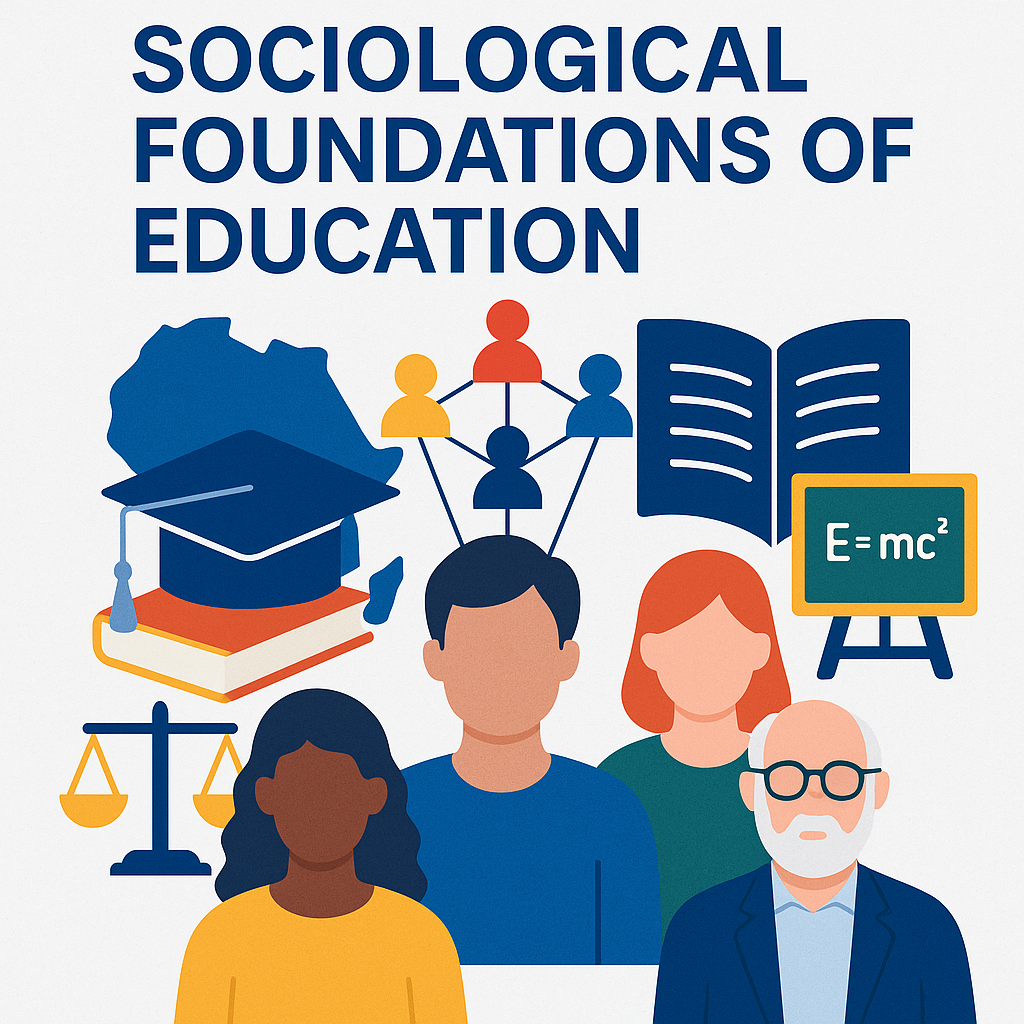
Course Description:
This course explores the intricate relationship between society and education by examining the sociological underpinnings that shape educational structures, practices, and policies. It provides a theoretical and analytical framework to understand how education functions as both an agent of socialization and a means of social change. Through the study of major sociological theories, institutions, and constructs such as social stratification, equity, culture, and identity, learners will critically engage with educational issues in the context of diversity, globalization, and transformation.
The paper emphasizes the role of education in promoting social justice and democratic values and highlights the importance of inclusive practices and policies in shaping equitable educational opportunities. It also delves into the dynamics of teacher-student relationships, classroom culture, and the impact of family, peer groups, media, and community on educational processes.
Learning Outcomes:
After successful completion of this course, the student-teachers will be able to:
- Explain key sociological concepts and theories and their relevance to education.
- Analyze the role of education in the processes of socialization, social control, and social change.
- Critically examine social issues such as inequality, marginalization, and stratification within educational settings.
- Evaluate the impact of social institutions (family, religion, media, economy) on the development of learners and educational outcomes.
- Discuss the interrelationship between culture, identity, and education with reference to pluralism and multiculturalism.
- Interpret the influence of sociological perspectives in shaping educational policy, curriculum, and pedagogy.
- Promote inclusive and socially responsive teaching practices rooted in democratic and constitutional values.
- Teacher: Anil Kumar Jain
- Teacher: Praveen Kumar T D